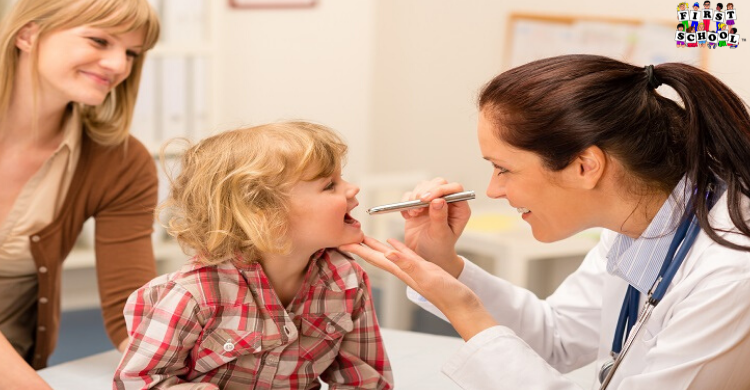

An essential part of keeping your child healthy is going for regular well-child checkups as they can keep your child up to date on immunizations against many severe childhood diseases. In addition, these checkups also allow you to talk to your doctor about general health, safety precautions to follow, and any developmental issues, if present.

On a typical well-child visit, your child will be weighed and have their height measured. Your child’s height and weight will be plotted on growth charts to calculate body mass index (BMI). Doctors can understand how your child is growing compared to other children of the same age and gender by using these charts. The doctor will also take a medical and family history of your child and conduct a physical exam.
Your child may be screened for medical conditions like lead poisoning, anemia, high cholesterol, tuberculosis, or other diseases. The doctor will also inquire about your child's eating habits and whether all immunizations of the child are up to date. Your doctor may recommend getting your child the flu vaccine each year, preferably before the flu season starts.
The doctor will also check whether your child's developmental progress is taking place correctly. To determine this, he will ask you questions about the child's behavior to know if she/he has crossed specific developmental milestones. Some of the developmental milestones for a 3-year-old include being able to know their first and last name, age, etc. The child should also be able to dress and undress with little help, be able to name three objects, and copy a circle.
Child safety is also covered at well-child visits. The doctor will tell you about the need for carefully monitoring your children when they are near swimming pools, the importance of using car seats, and not smoking when kids are around. The doctor may even encourage you to keep all weapons and ammunition locked at all times.
Call your doctor if your child shows any signs or symptoms such as changes in weight, behavior, sleeping patterns, or eating habits. Other symptoms you should look out for is whether your child has a fever or frequent diarrhea and vomiting. You might also need to call the doctor if your child shows symptoms of skin infections, rashes, or has a long-lasting cough, wheezing, or other breathing problems.
Most young children can have an average of 6 to 8 colds a year, stomach flu, and ear infections. Other medical problems at this age include sleeping problems and behavior problems, which can be frustrating for parents. You can seek the help of your child's doctor to address these common medical problems.
Knowing these common health issues and children’s developmental problems will help you take better care of your child and keep them healthy.